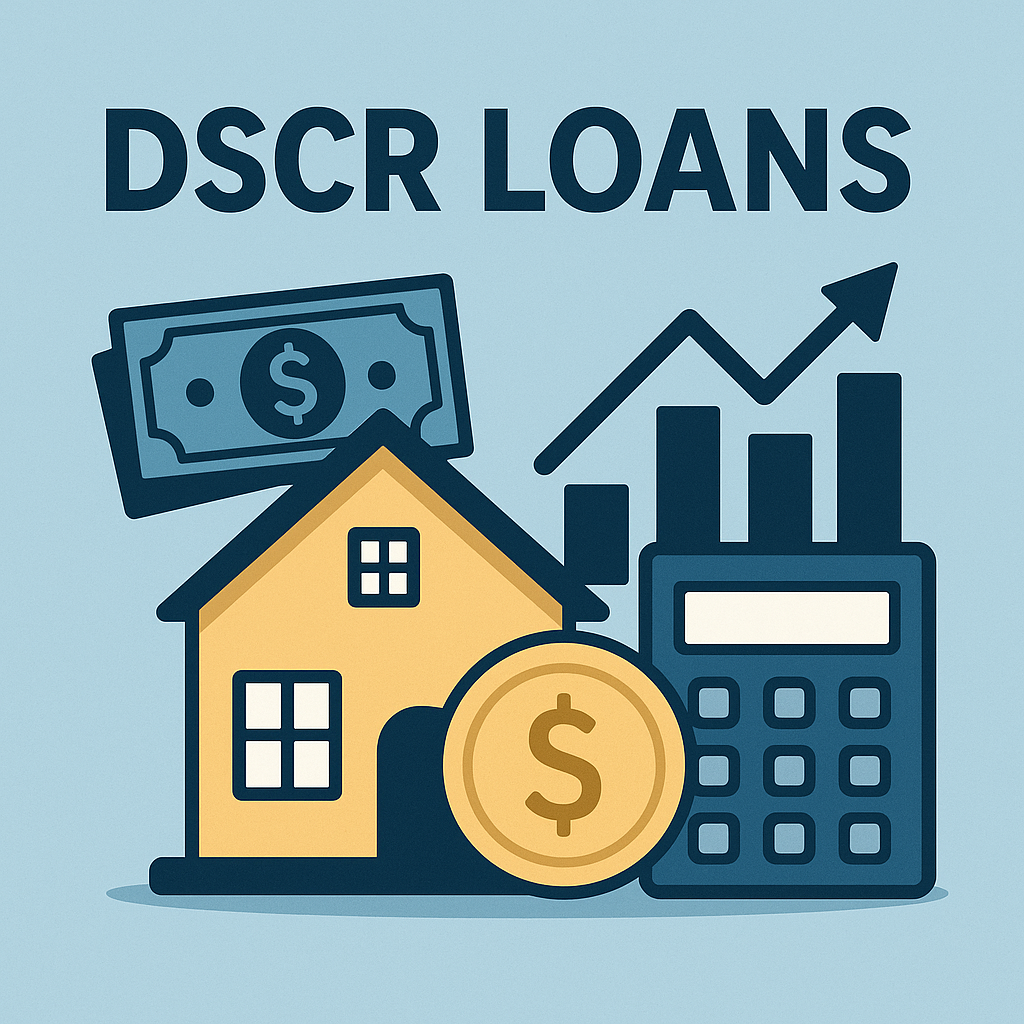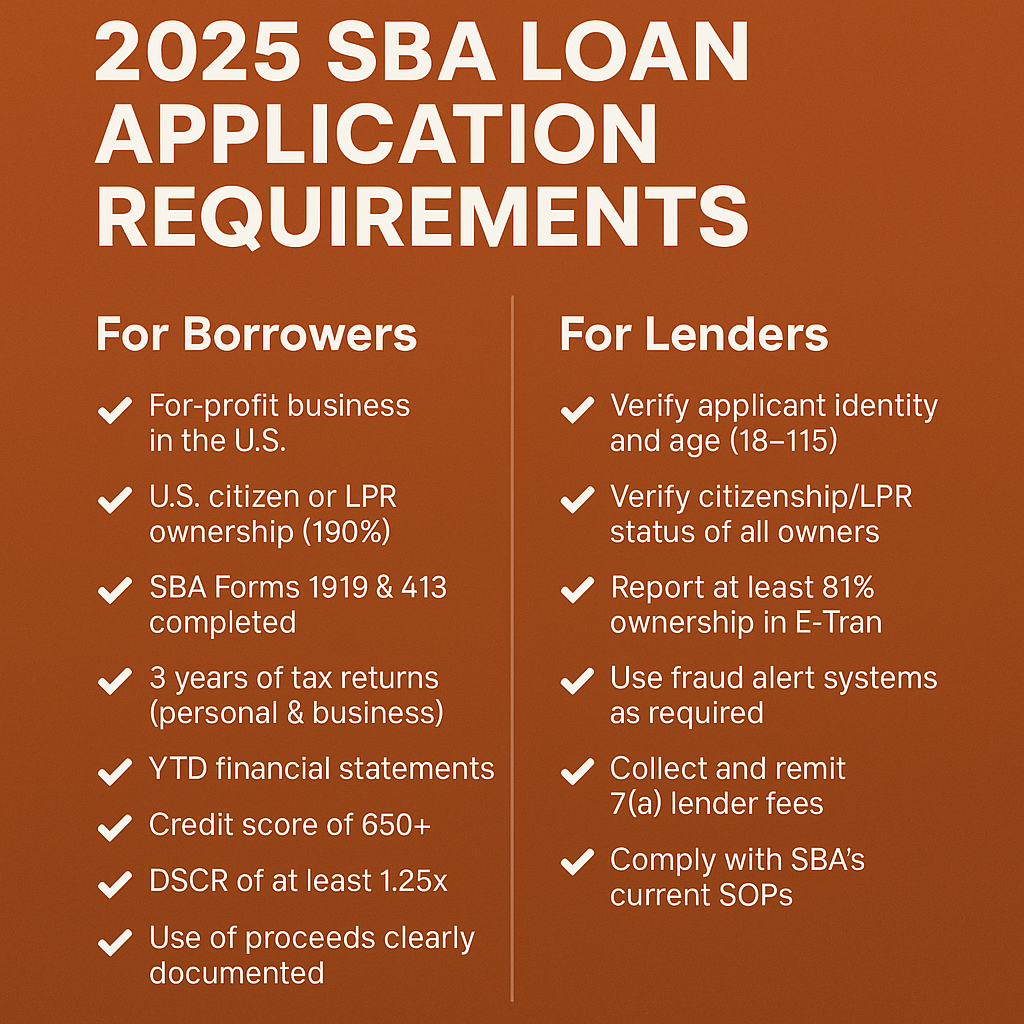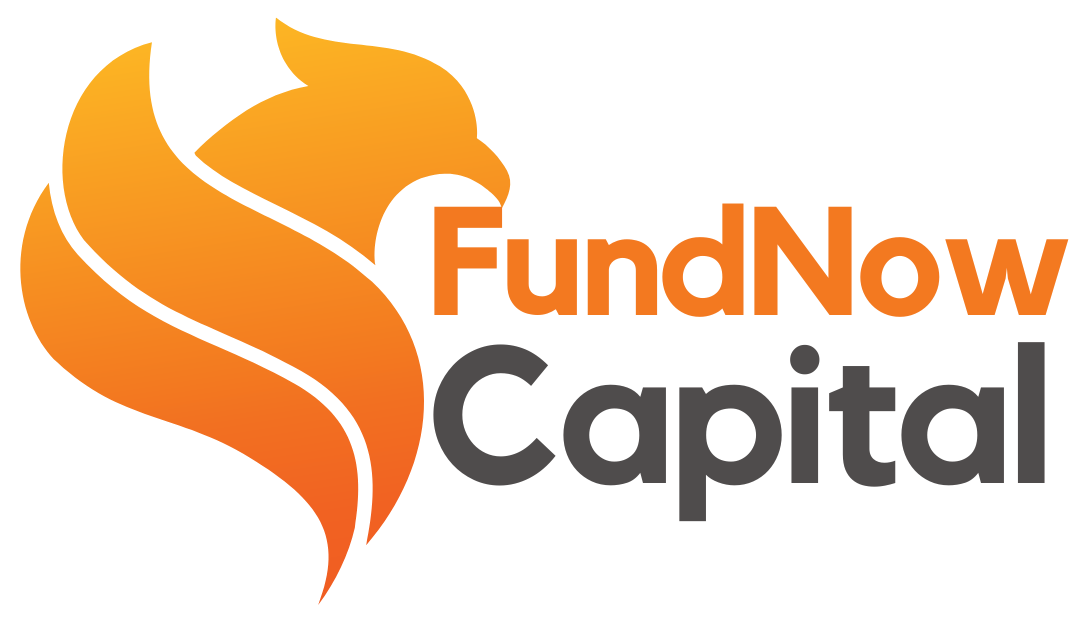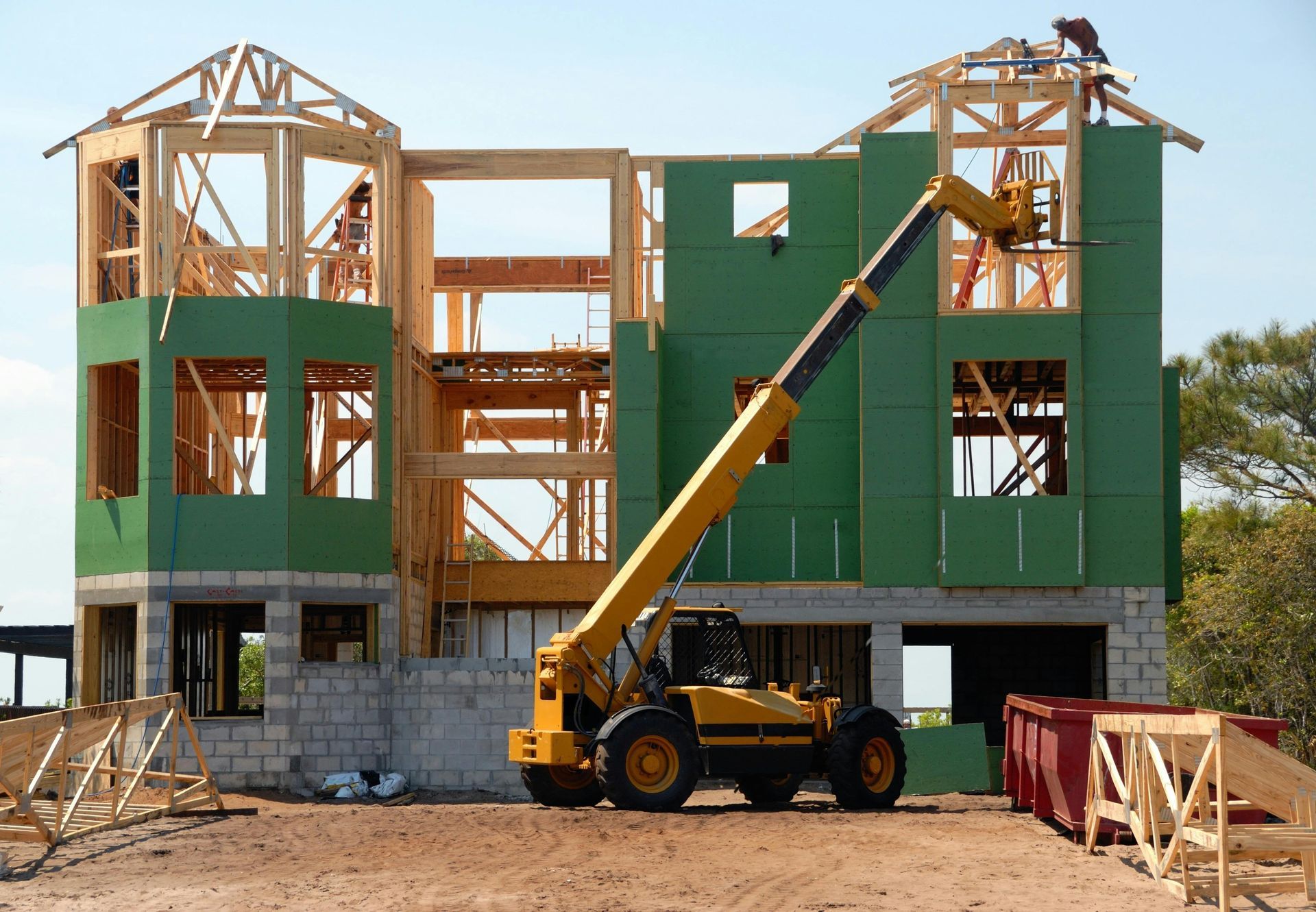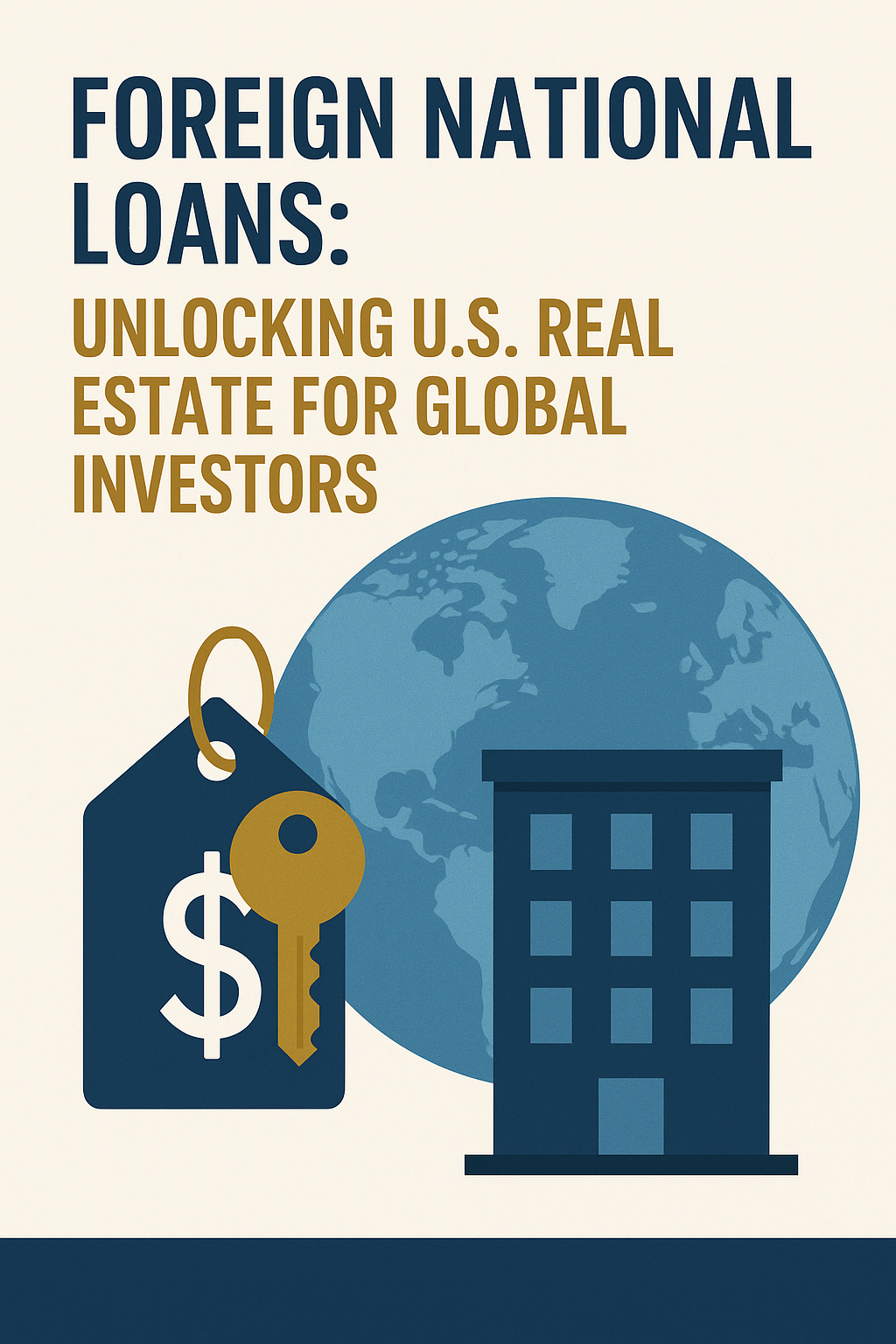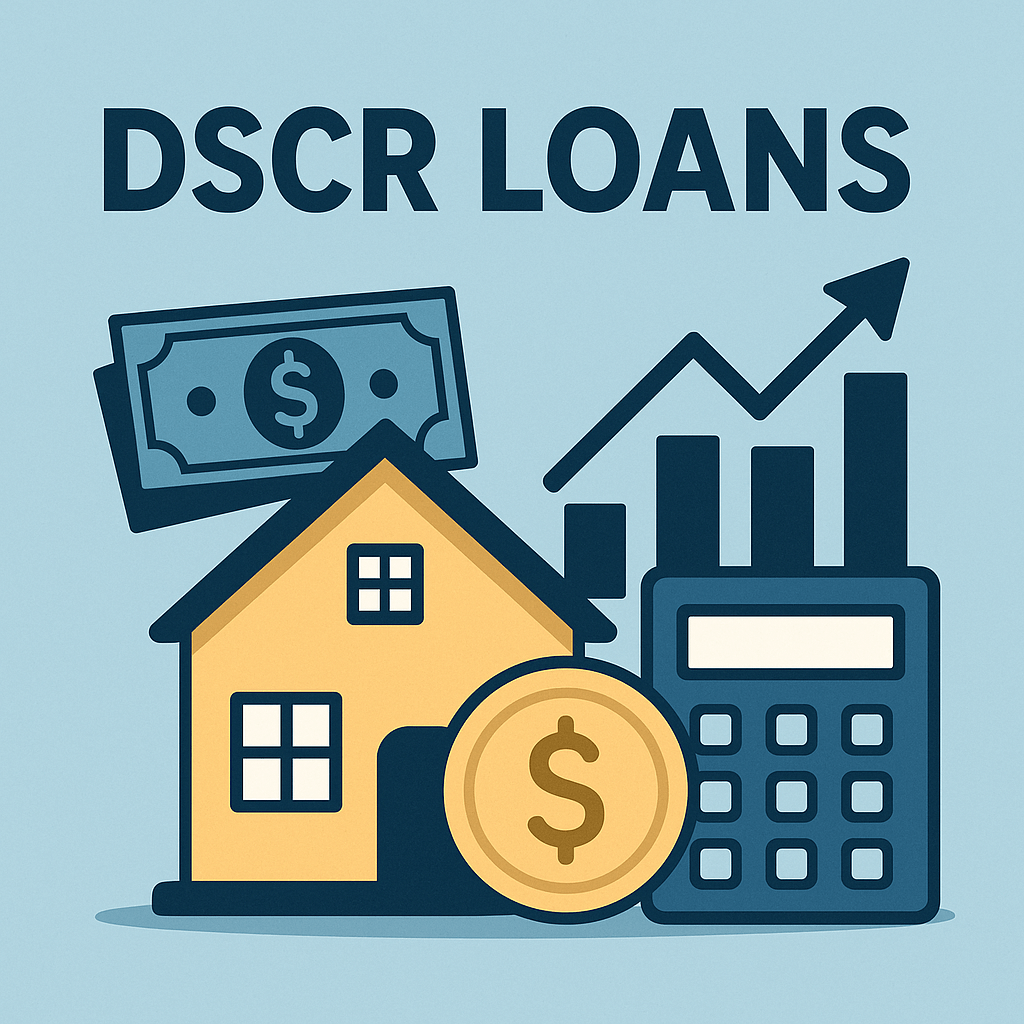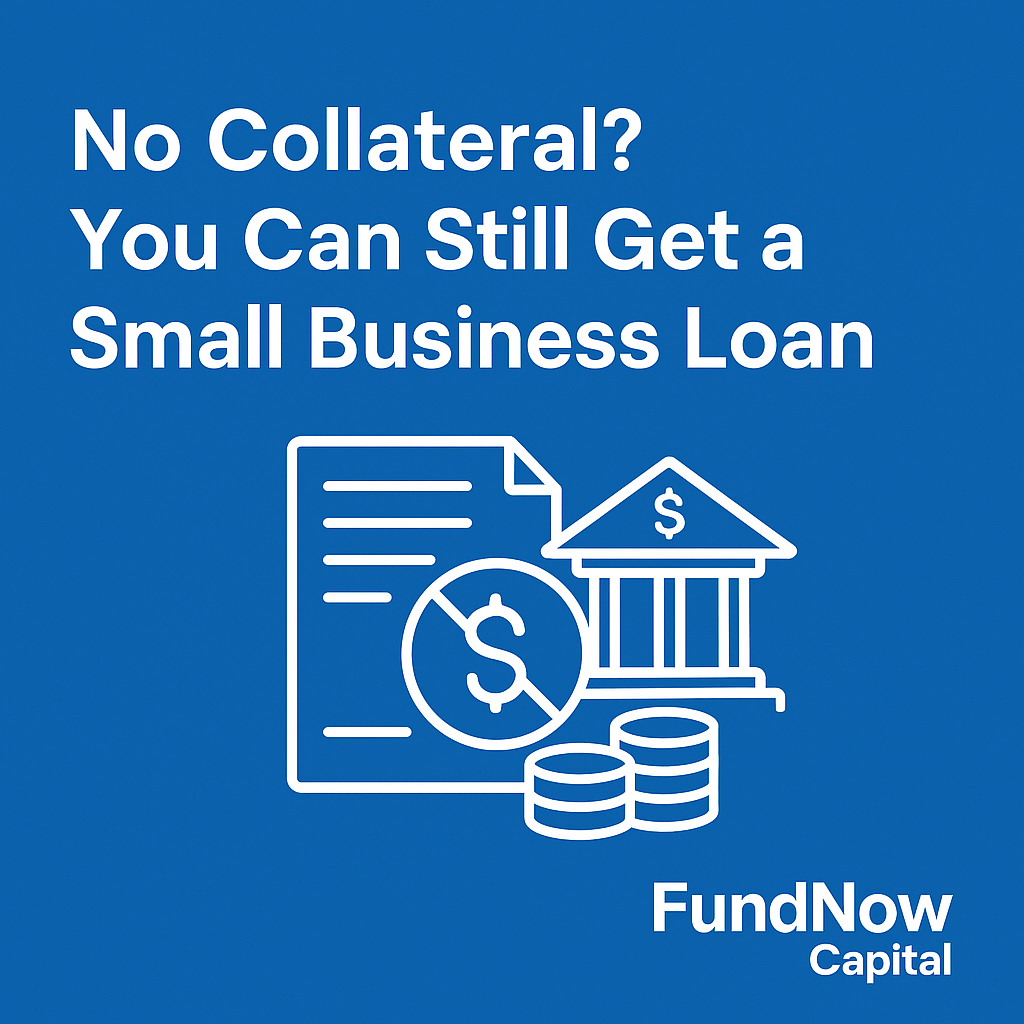Is That Property Worth It? Use the 7% Rule to Find Out

This is a subtitle for your new post

The 7% Rule: Why Most Real Estate Business Comes from a Select Few—and How You Can Win Big
In real estate, rules and ratios are often thrown around—some useful, others just buzzwords. But one principle that stands out above the rest is what we call The 7% Rule. It’s more than just a statistic—it’s a reality check for real estate investors and professionals alike.
We’ve all heard of the 80/20 Rule, where 20% of people do 80% of the business. In real estate, however, the gap is even wider. Data shows that only about 7% of real estate agents are responsible for 93% of all real estate transactions. In fact, thousands of licensed agents go an entire year without closing a single deal—many eventually drop out of the industry altogether.
Why Should This Matter to Real Estate Investors?
This isn’t just an eye-opening stat—it has massive implications for your investment strategy, networking efforts, and deal flow. As an investor, you must ask yourself:
Are you aligning with the 7% who get things done—or wasting time on the rest?
The answer can make or break your investment career.
Whether you’re buying, flipping, or holding rental properties, working with the right people is key. The top-producing agents don’t just close deals—they control the deal flow. They're connected to motivated sellers, serious buyers, and often, the most lucrative off-market opportunities. They know the neighborhoods, the numbers, and the game.
If you’re spending time, money, and effort trying to build relationships with Realtors, mortgage brokers, or title companies, make sure you’re focusing on those who are actually active in the business. Targeting the wrong partners can cost you months—or even years—of lost opportunities and income.
Identifying the Right Partners
You can’t just rely on billboards, fancy websites, or social media profiles to spot top performers. Those can be smoke and mirrors. Instead, dig deeper. Look for agents who:
- Are consistently listing and closing properties
- Have strong local market knowledge
- Control inventory in your target investment area
- Respond quickly, follow up, and take action
These are the people worth investing your time in. Build with them. Follow up with them. Collaborate with them.
But Don’t Ignore the Bottom 93%—Just Be Strategic
Here’s an alternative perspective: not all value lies at the top. Some of your greatest long-term partners may actually come from the 93%—especially those newer agents who are hungry, teachable, and ready to prove themselves. These under-the-radar professionals often get overlooked by bigger investors and firms. But if they’re motivated, coachable, and willing to hustle, they could be the best long-term asset you ever build.
By investing early in these relationships, you can create loyalty, trust, and win-win outcomes that last for years. You may even help shape their career—and in doing so, build a power partner who sends you leads, referrals, and repeat deals month after month.
So How Do You Choose the Right Realtors to Work With?
It’s not about chasing flashy resumes—it’s about evaluating potential.
Ask yourself:
- Are they motivated to grow and learn?
- Are they responsive and willing to take feedback?
- Do they have the grit to work through slow seasons and tough markets?
Give them a shot with smaller deals. See how they follow up, how they negotiate, and how committed they are to your mutual success.
Outlearn. Outwork. Outperform.
Mark Cuban once said that success doesn’t come from money or connections, but from the willingness to out-learn and outwork the competition. That’s true in business, sports, and definitely in real estate. The top 7% didn’t get there by luck—they got there by showing up, learning constantly, and grinding harder than anyone else.
As a real estate investor, you don’t need to have all the money, all the knowledge, or a massive team. But if you’re committed to building the right partnerships and putting in the work, the 7% Rule can work in your favor.
Find the doers. Learn from them. Work with them—or outperform them. That’s how you win in real estate.
